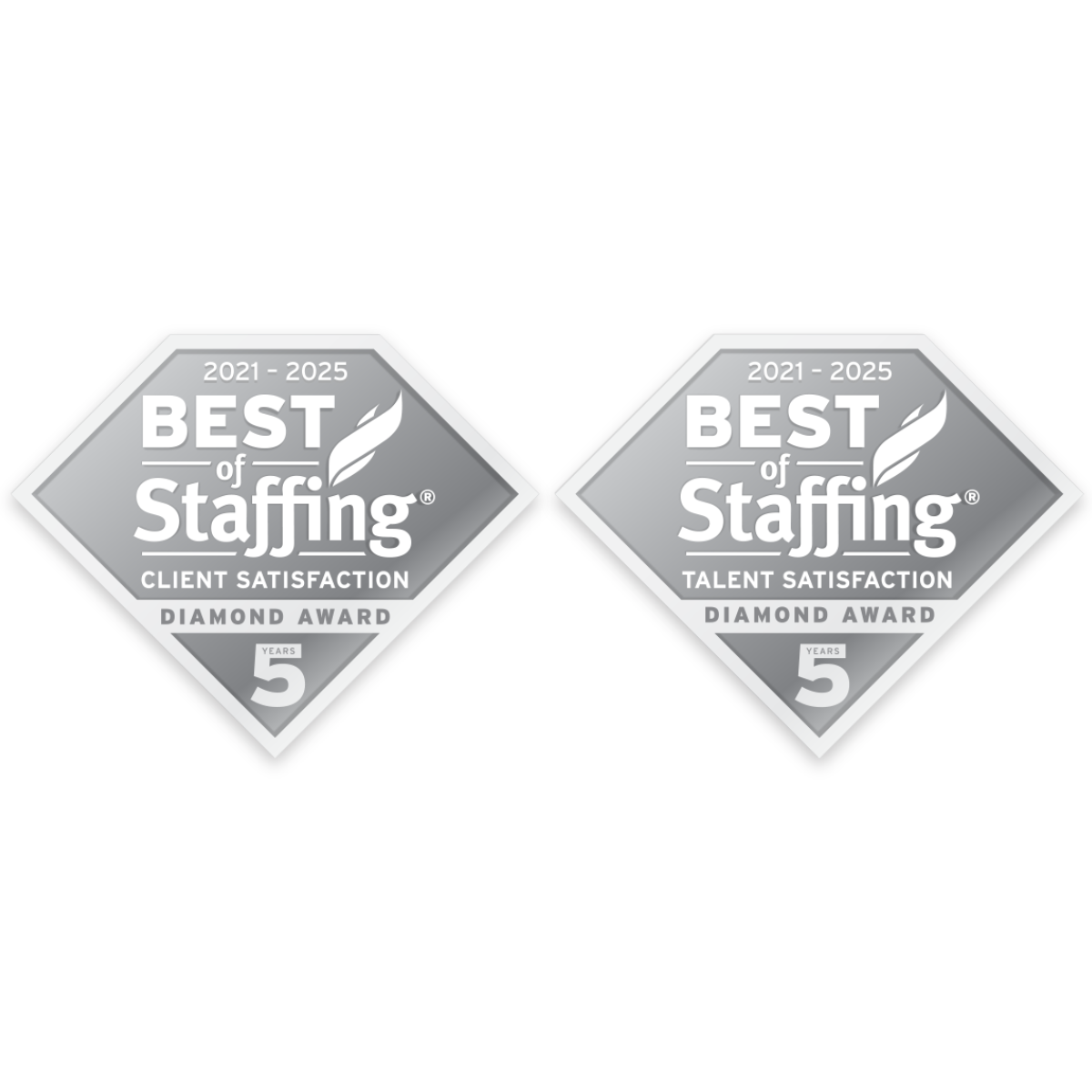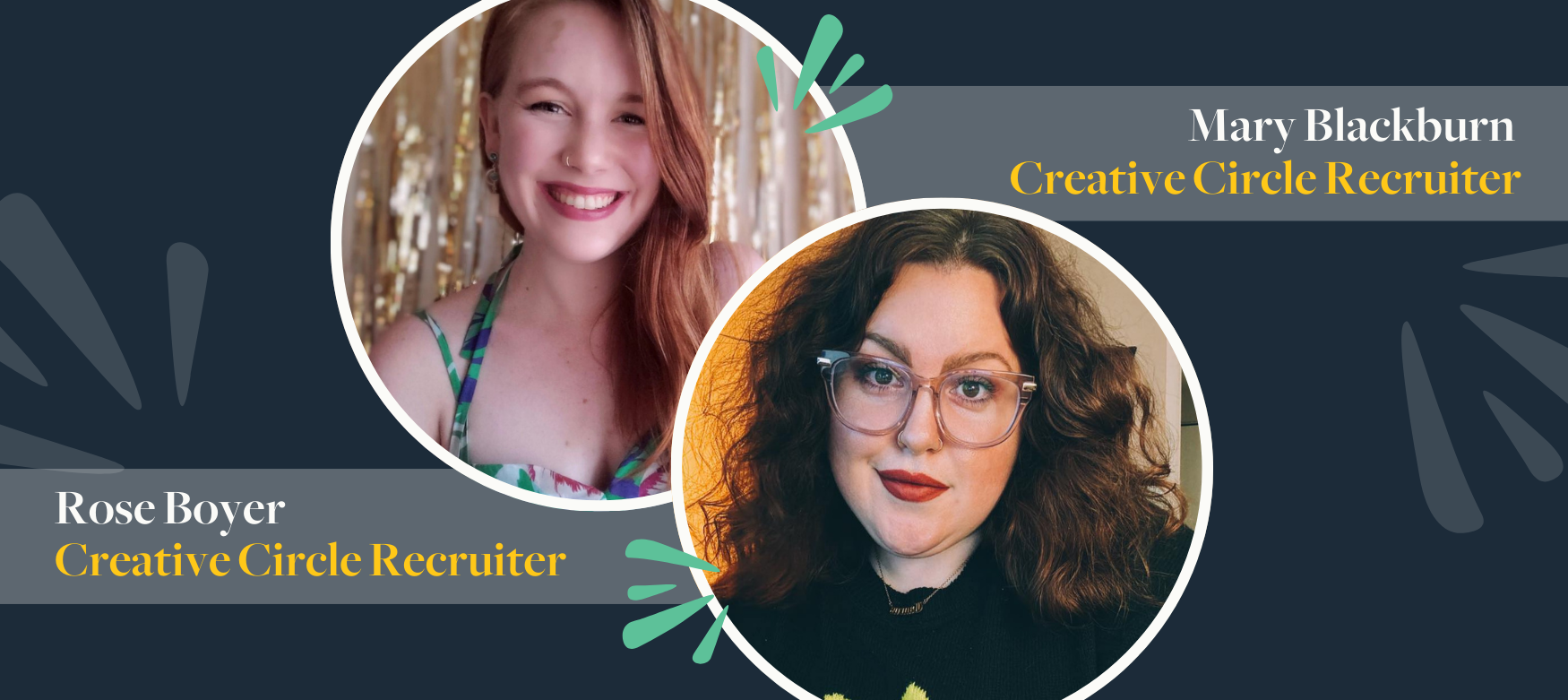Many of us seem to be blindly scrambling for that next rung on the career ladder without giving much thought to what it entails. Our culture has conditioned us to accept an equation that says: “If you’re not making moves up the ladder, you can’t be a success at work; and if you’re not a success at work, you’re not a success at life.”
It’s enraging, right? And not true. You might be better off embracing the rung you’re currently occupying so never forget that your happiness is even more important than a job title. If you’re uneasy about making the move up, here are a few reasons why you might be right.
New titles don’t always come with more money.
To badly paraphrase a quote from The Princess Bride, “Your fancy title does not mean what you think it means.” That is, to say, gaining a new title, such as adding on a “Senior” or a “V.P.” to your current title, doesn’t always bring you any more money.
Some companies bestow these titles in lieu of a raise, working under the assumption that since people move around a lot in the industry, you’ll be able to cash in at your next place of employment. There may be some room for you to negotiate other perks and benefits, but make sure you’re comfortable with your new professional demands (e.g., longer hours, more client contact, required travel – all things that could impact your finances as well as your personal life).
You might not like the new job that much.
Speaking on behalf of creatives, from the time most of us get our first jobs, it’s implied that we should all be making strides toward the position of Creative Director, a Group Creative Director, or an Executive Creative Director. After all, those are the folks who end up with the awards, the vacation homes in Aspen, and their names on the agency marquee.
They’re great jobs to aspire to, but they require skillsets vastly different from what it takes to be an Art Director or a Copywriter. Besides being able to hire, fire, and motivate people, and organize departments, budgets, and design workflows, being a CD or above means selling work too, and occasionally taking flak from every direction. So even if you spend six hours a day in meetings, you still need to figure out a way to get the work done (no matter how much sleep you or your team loses).
In short, this kind of life is the opposite of everything most creatives want out of their jobs.
Even for those outside the creative department, climbing higher usually requires taking on more duties related to management and operations. You’ll likely work more hours, which means you’ll spend a greater percentage of your life doing things that are radically different from the job you signed up for.
The more entrenched you are, the harder it is to get out.
If you work in advertising, branding or design, it’s really easy to get stuck in a particular category. For example, if you’ve worked on brands in automotive, healthcare, consumer packaged goods, or restaurants, you’ll be seen as someone with expertise: i.e., you’re the car guy, the financial writer, etc. Sure, it’s easier to find similar jobs, but it’s much harder to make a change. If you don’t like the path you’re on, don’t take a more senior position unless it will give you skills that you can transfer laterally to another job.
Said in a different way, if you don’t like what you’re doing, why would you put yourself in a situation to do more of it?
It’s true that you can keep your horizons broad by taking on freelance or doing volunteer work, but you have to be willing to sacrifice your personal time (which you’ll probably have even less of if you make a big jump up the ladder).
If you love your job, stay put.
Staying put isn’t career suicide and there’s a lot to be said about really owning and growing within your current role: stability, job security, and hopefully, the chance to make the right move at the right time. Ultimately, though, you’re the only person who can do the cost/benefit analysis to figure out if you should seek or take a promotion.
If you do find yourself craving change or wanting to move up, it actually is possible to pick up some of the essential traits and skills that are outside of your current job description or comfort level. You may never be able to teach yourself to like late nights or act as a punching bag for clients, but it’s easier than you think to learn the leadership skills you need if you do decide to keep climbing. Many of these skills you can start to use immediately: the faster you start applying them at your current position, the faster you’ll move up into a new one.
Still not sure? For your inspiration, The Muse has collected nine stories about people who stepped away from highly paid, high-power careers and had zero regrets about it.
Lisa is a Creative Circle candidate and seasoned advertising copywriter who lives in Los Angeles. Her background includes both in-house and agency work on Fortune 500 and global accounts in the consumer and healthcare/pharmaceutical fields. She excels at words, fashion, and cats. If you want to work with Lisa, contact Creative Circle Los Angeles.



